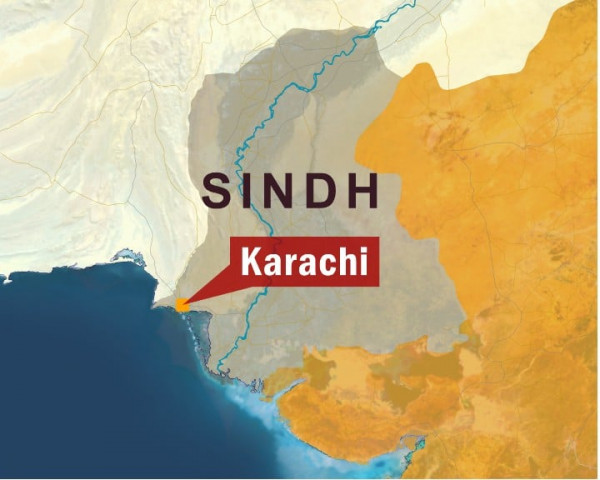Rehabilitation centre offers hope, treatment as a different kind of fix for drug users
Engineers, businessmen, students and children also come to the centre to get treatment, says a volunteer.

Rehabilitation centre offers hope, treatment as a different kind of fix for drug users
What brought 170 people to the New Horizons Care Centre (NHCC) was a mutual cause: an addiction to drugs and alcohol. Most of these patients were deserted by their families, who were either ashamed or unable to deal with users.
“My family abandoned me after they got tired of my expenses,” said A, one of the patients at the rehabilitation centre. An only son with four sisters, A’s addiction cost him his family after his parents were no longer able to deal with his dependency on drugs.
“Instead of sharing the responsibility of my sisters, I started to ask my parents for money,” he said. It was one of the more coherent statements uttered by A, whose brain has yet to fully recover from years of drug abuse, according to another resident at the centre.
F, whose father was an addict for 20 years, said that her family asked her father to leave the house after becoming social outcasts. “We did not accept him even when he said he had left his addiction and pleaded with us to allow him to come back home,” said F. However, after attending a family support group meeting at the NHCC, which takes place every Friday, she said that she realised how crucial the role of a family is in curing addicts. F’s father, who was able to give up his addiction in 12 days, is now living a better life with his family.
Dr J, a physician who graduated from the Sindh Medical College graduate, was among the many patients who sat on the floor of a small room at the centre. While J could otherwise easily be mistaken for one of the staff at the NHCC, his bandaged ankle gave him away.
“I started using drugs with a few friends and then just could not stop,” he said.
According to Ehtisham, a volunteer at the centre, J was not the only patient from an “unusual” background. “Engineers, businessmen, students and children also come to the centre to get treatment,” he said.
W, who was a head constable at Baldia police station, said he came to the centre due to his addiction to drugs and alcohol, while R was admitted to the rehab programme after he made physical advances on close female relatives.
“His brothers wanted to kill him after he lost his mind. Instead of blaming him, however, we just took him in and are trying to treat him,” said NHCC coordinator Sohail Younus. “R’s story made my heart cry. It is not the only one,” he added.
Patients at the NHCC are provided treatment on various levels, depending on their symptoms. They are initially prepared for withdrawal symptoms, followed by detoxification, after which the patients are discharged from the centre. In case a relapse occurs, they are brought back for treatment, said NHCC house incharge Fayyaz Ahmed.
NHCC was established by Naveed Younus, a businessman who became involved in social work in 2002. He started the rehab for addicts off the streets. It was the first centre where treatment was provided free of charge. The centre is run by recovering addicts and quickly gained international recognition due to its exemplary practices, after which, in 2009, the Colombo Plan, a regional organisation working for human development in the Asia-Pacific region, announced that the centre had the best recovery rate for addicts in Asia. After Naveed was murdered in a robbery on August 13, his brother, Sohail, became the centre’s coordinator.
NHCC has two branches in Gulshan-e-Iqbal, each with the capacity to treat around 250 patients at a time. Staff at the centre also monitors the progress of around 1,500 patients who cannot be admitted at the centre but are provided with therapy and treatment while they live with their families in Karachi.
The centre has 15 outreach programmes, where recovered patients work as volunteers. Since 2002, almost 40,000 addicts have received treatment. If relapses are also taken into account, the centre has provided treatment to almost 0.1 million patients, said Ehtisham.
In 2009, former mayor of Karachi, Mustafa Kamal, signed an MoU with the NHCC and Drug Free Pakistan Foundation, allotting 50 acres of land near the Super Highway (opposite the Edhi Village) to be used for drug rehabilitation programmes. However, the transaction is still pending as the revenue department has not cleared the deal, Ehtisham added.
Published in The Express Tribune, September 20th, 2010.



















COMMENTS
Comments are moderated and generally will be posted if they are on-topic and not abusive.
For more information, please see our Comments FAQ